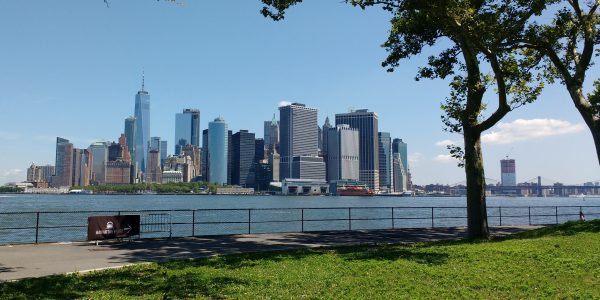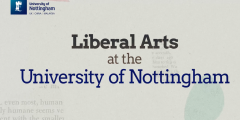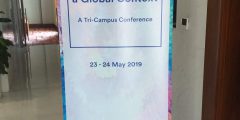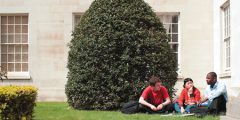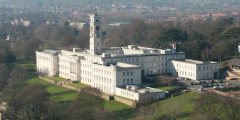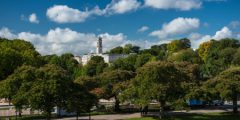Immigration and Identity: The Things That Made Us
April 1, 2020
We’re launching The Things That Made Us as a podcast to celebrate the things that move us, make us and change us. It’s open for anyone to contribute and we will have a series of guests over the next few weeks who will talk about their work and what matters to them. In our first …
What does Liberal Arts in the UK look like?
July 25, 2019
Over the last few years Liberal Arts degree programmes have really taken off within British universities. There are now courses provided across universities with different focuses on humanities, sciences and languages. What brings them all together is a focus on how an interdisciplinary approach allows students to explore, develop new ideas and to think differently …
What to do with a Liberal Arts degree
July 24, 2019
With graduation just finished for this year, we can think about what people go on to do after university and specifically what you can do with a Liberal Arts degree. As a Liberal Arts student, you work across a range of subjects. This prepares you to take advantage of a variety of career opportunities. Your …
Liberal Arts in a Global Context: A Tri-Campus Conference
June 19, 2019
Over the past twelve months, colleagues in the UK, China and Malaysia have been working on developing Liberal Arts degrees and pedagogical approaches. The experiences of faculty, ideas for future developments and the work of students were shared and discussed during a tri-campus conference in Ningbo held on May 23rd and 24th. The meeting brought …
Using field trips as learning labs!
May 2, 2019
As part of the Liberal Arts degree, we will engage with the following issues over the course of the three years of the programme: Time – an introduction to Liberal Arts Cities – space, place and belonging in the city Objects – understanding design and communication Identity – exploring migration and citizenship Power – assessing …
Digital Tools and Interdisciplinary Skills
March 8, 2019
Over the last few months, Liberal Arts students have been working on a range of assessment exercises that develop their interdisciplinary skills. This is more than just knowing about English, History, Politics or Philosophy, for example. It is about joining up all those approaches to think across subject areas to create new solutions. We do …
How to apply to Liberal Arts – Personal Statements
July 6, 2018
Every student applying to Liberal Arts will come from different backgrounds and they will have their own experiences and individual qualifications. That’s why we don’t look for specific A-Levels, International Baccalaureate profiles or their equivalents in any application. What we are interested in is why you want to explore issues across a range of subjects …
Making choices in Liberal Arts
June 19, 2018
A fundamental part of studying Liberal Arts at the University of Nottingham is being able to choose modules across a range of disciplines. Alongside the core Liberal Arts modules which develop interdisciplinary thinking and focus on applied knowledge to address global issues, you can select modules that allow you to access ideas from subjects such …
Why Liberal Arts at the University of Nottingham?
April 11, 2018
Liberal Arts is embedded in the traditions of the University of Nottingham and an important part of its future. This is a university that is founded on the principles of ambition, engagement, partnership and civic responsibility. Liberal Arts continues these ideals as it is a degree that is built on interdisciplinary research, communication and commitment …
Why choose Liberal Arts at Nottingham? 7 reasons.
April 10, 2018
Liberal Arts is relatively new within universities in the United Kingdom but it really is the oldest subject you can study. In Ancient Greece and Rome, it was thought that studying a range of disciplines, rhetoric, grammar and logic, were essential components of citizenship. In the great medieval universities of Bologna and Paris, this was …

